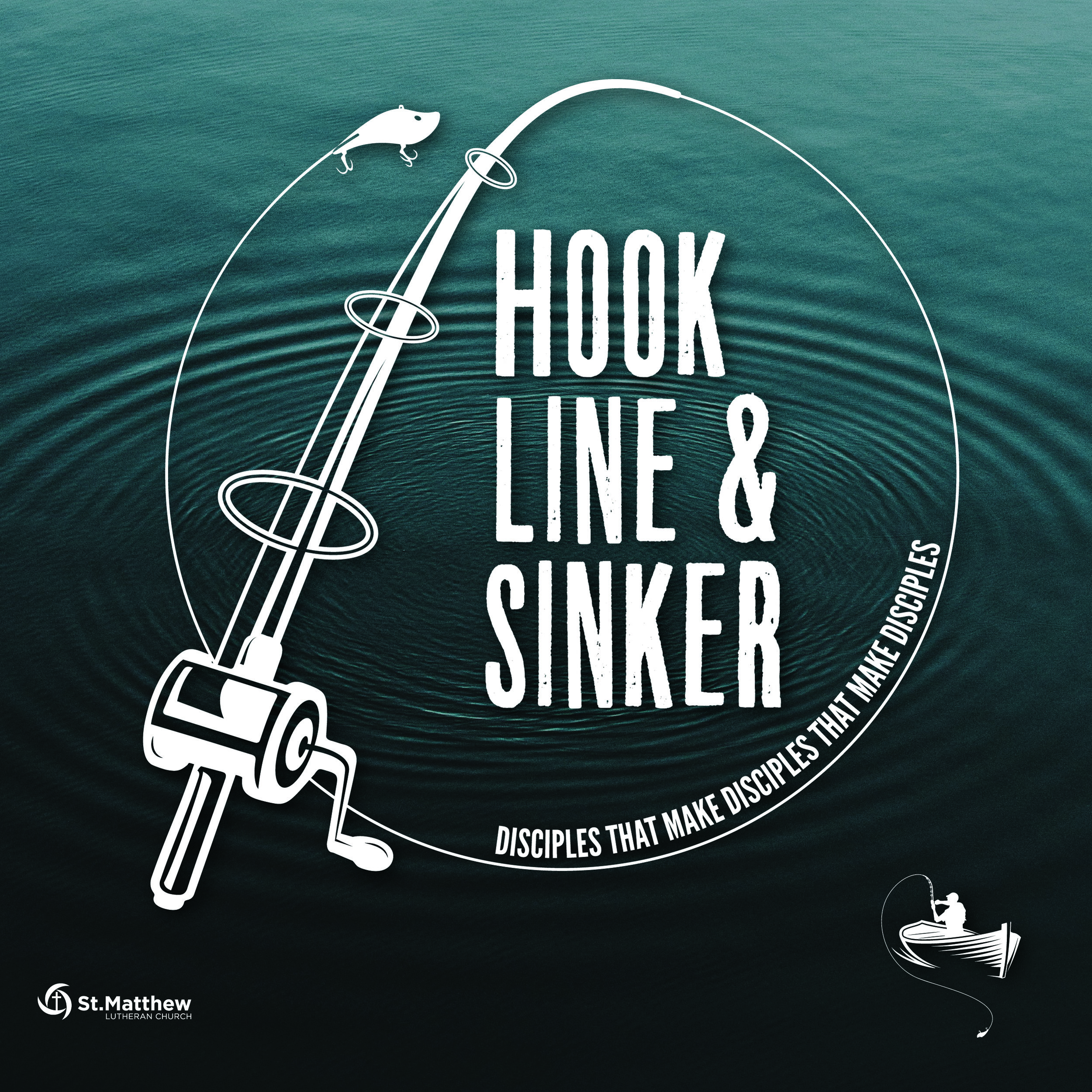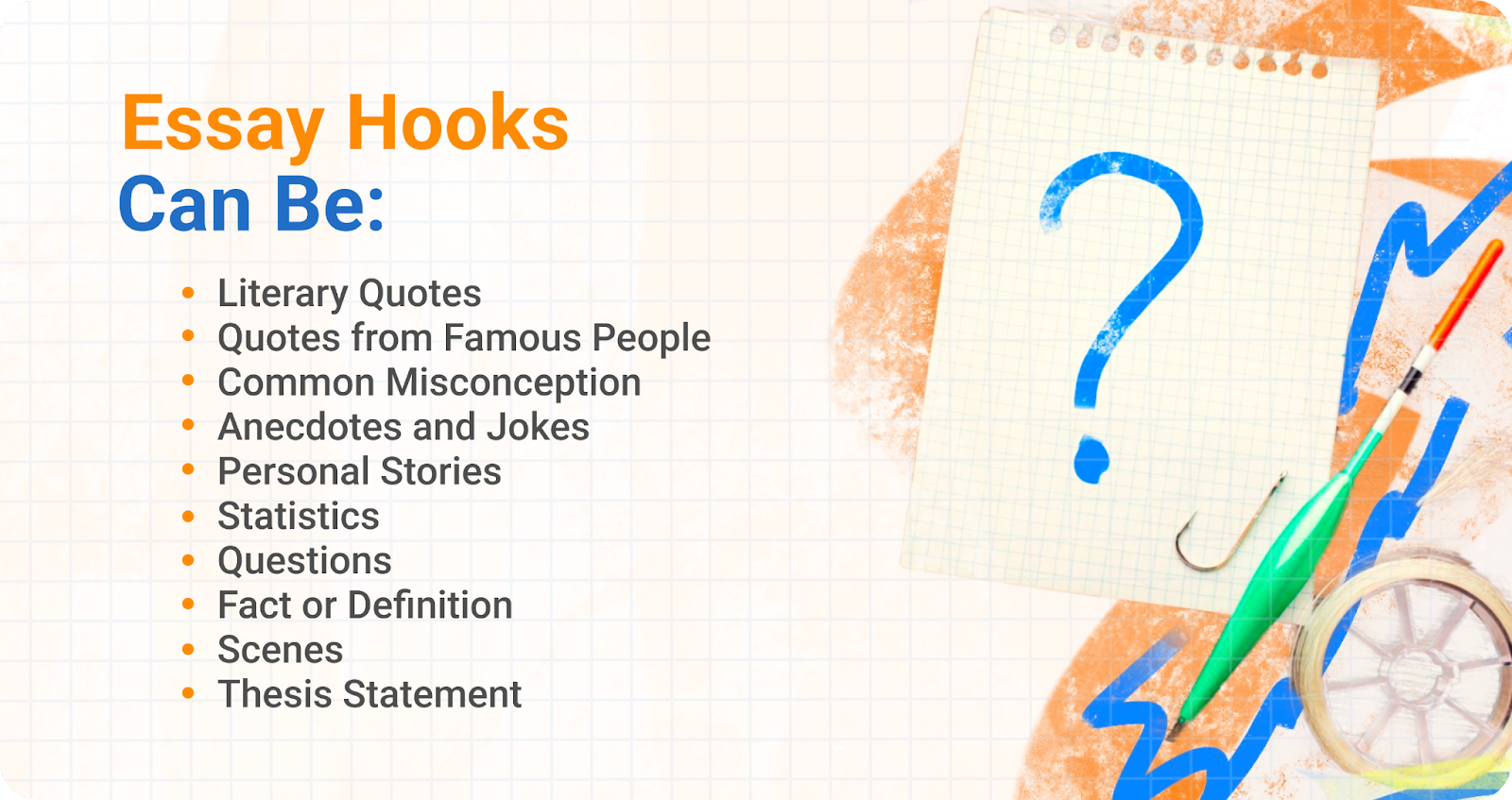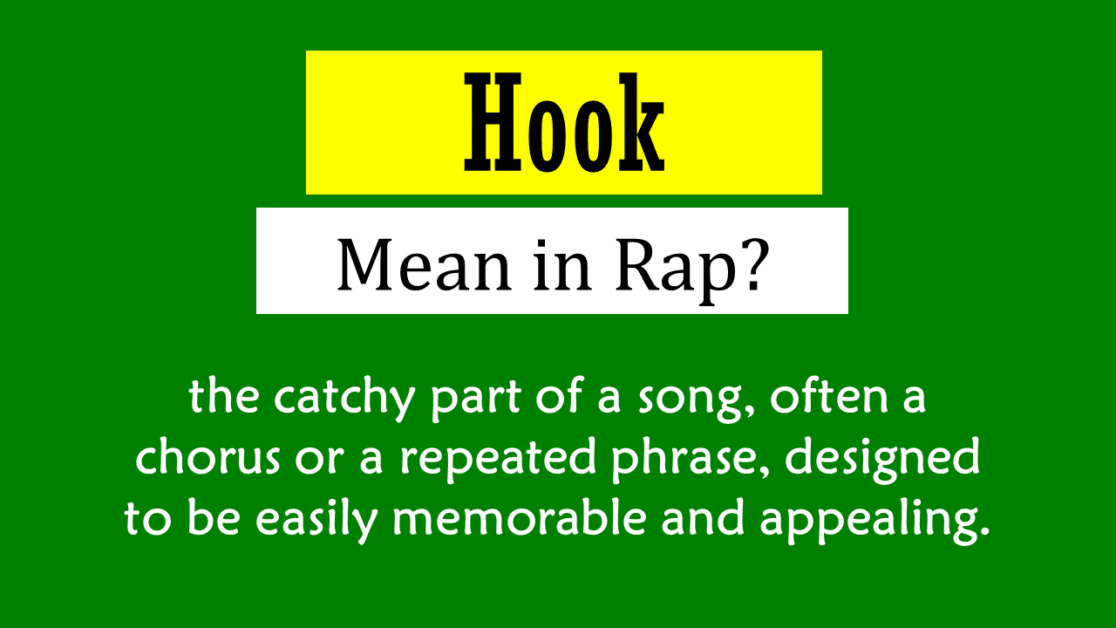Looking Good Info About What Does Hook A Line Mean

11 Different Types Of Fishing Hooks
Hook, Line, and... Meaning? What Does "Hook a Line" Really Mean?
1. Understanding the Core Concept
Ever heard someone say they're going to "hook a line" and wondered what fishing had to do with their current conversation? Well, chances are, they weren't planning a sudden fishing trip! "Hook a line" is an idiom, meaning it's an expression whose meaning isn't obvious from the individual words. It essentially means to get in touch with someone, often by phone, but it can also refer to connecting in other ways, like via email or even social media. Think of it as casting your net to catch someone's attention for a quick chat or to relay some information. It's a pretty casual way of saying you're going to contact someone.
The origins of the phrase are, unsurprisingly, related to fishing. Imagine an angler casting their line, hoping to snag a fish. The success depends on their skill and the fish's willingness to bite. Similarly, when you "hook a line" with someone, you're hoping to "snag" their attention long enough to have a conversation. It might involve a little bit of effort to get through to them, depending on how busy they are, just like reeling in a particularly stubborn fish!
So, next time you hear someone say they need to "hook a line" with their boss or a friend, you'll know they're just planning a simple communication. It doesn't involve tackle boxes, bait, or a body of water. Unless, of course, they're actually going fishing and using the phrase literally. In that case, maybe offer to tag along — fishing's great!
It's a handy phrase to have in your vocabulary, particularly in informal settings. While it might not be appropriate for a formal business email ("Dear Mr. CEO, just wanted to hook a line and discuss Q3 results..."), it's perfectly fine for a quick text to a colleague or friend ("Hey, gotta hook a line with you later about the project"). It adds a touch of informality and implies a quick, easy communication.

Heyglop Blog
Deconstructing "Hook a Line"
2. The Grammatical Breakdown
Let's get a little bit grammatical here, shall we? "Hook a line" functions primarily as a verb phrase. The word "hook" acts as the verb, indicating the action of establishing contact. "A line" functions as the object of the verb, representing the means of communication, the metaphorical fishing line that you're casting out there. Together, they form a unit that describes the act of connecting with someone. Think of it like "make a call" or "send a text" — similar structure, similar meaning. It's all about that sweet, sweet contact.
You wouldn't typically use "hook a line" as a noun. For example, you wouldn't say, "I need to do a hook a line to John." Instead, you'd say, "I need to hook a line with John." The "with" is important because it clarifies the relationship between the action and the person you're contacting. Without it, the sentence feels a bit clunky. Grammar might seem boring, but understanding the structure helps you use the phrase correctly and avoid any awkward phrasing.
Consider the different tenses. You can say, "I hooked a line with her yesterday," "I'm going to hook a line with him later," or "I've already hooked a line with them." The verb "hook" changes to reflect the time of the action, just like any other verb. This flexibility allows you to use the phrase in various contexts and express when the communication occurred or will occur.
So, to reiterate: "hook a line" is almost always used as a verb phrase, describing the act of contacting someone. Keep that in mind, and you'll be using it like a pro in no time. And maybe, just maybe, you'll even catch something interesting on the other end of that line! (Metaphorically speaking, of course.)

When to Cast Your Line
3. Knowing Your Audience and Situation
While "hook a line" is a versatile phrase, it's not appropriate for every situation. As mentioned earlier, it leans towards the informal side of communication. Using it in a formal business setting, like addressing a CEO or writing a serious legal document, might come across as unprofessional or even a little bit silly. Imagine a lawyer saying, "I need to hook a line with the judge about this case" — it just doesn't quite fit, does it? Think of it in terms of tone; it's definitely more suited for a casual conversation than a formal presentation.
The best scenarios for using "hook a line" are when you're talking to friends, family, or close colleagues. It's perfect for a quick text message, a casual email, or a phone call to catch up or share some information. For example, you might say to a friend, "Hey, I'll hook a line with you later to plan our weekend." Or you could tell a colleague, "I need to hook a line with you to discuss the report before the deadline." These are situations where the informal tone is welcome and adds a bit of friendliness to the conversation.
Think about your audience. Are they people you're comfortable being casual with? If so, "hook a line" is likely fine. If you're unsure, err on the side of caution and use a more formal phrase, like "contact" or "get in touch with." It's always better to be slightly more formal than to risk sounding disrespectful or unprofessional. And if you accidentally use it in the wrong context? Don't sweat it too much. A simple apology and a more formal rephrasing will usually smooth things over.
Essentially, "hook a line" is a great phrase to have in your communication toolbox, but it's important to know when and where to use it. Use it appropriately, and you'll sound friendly and approachable. Misuse it, and you might end up sounding a little bit... fishy. (Sorry, couldn't resist!).

Beyond the Hook
4. Expanding Your Communication Vocabulary
While "hook a line" is a fun and quirky idiom, it's always good to have some alternative phrases up your sleeve. Depending on the context, you might want to use something more formal or simply vary your language to keep things interesting. There are plenty of synonyms and alternatives that convey the same basic meaning of contacting someone, each with its own subtle nuance. Let's explore some of them.
For more formal situations, consider using phrases like "contact," "get in touch with," "reach out to," or "communicate with." These are all perfectly acceptable in professional settings and convey a sense of respect and seriousness. For example, instead of saying, "I need to hook a line with the client," you could say, "I need to contact the client." It's a simple change, but it makes a big difference in the overall tone.
If you're looking for something slightly less formal but still professional, you could use phrases like "connect with," "get ahold of," or "touch base with." These options strike a balance between formality and friendliness. "Touch base with," in particular, implies a brief and focused communication, often used to update someone on progress or to coordinate tasks. "Connect with" is useful when you're trying to establish a relationship or build rapport.
And for completely informal situations, you have options like "call," "text," "hit up," or "holler at." These are all great for talking to friends and family, but definitely avoid using them in professional contexts unless you have a very close relationship with the person you're talking to. The key is to choose the phrase that best fits the situation and your relationship with the person you're contacting. A little bit of linguistic variety can make your communication more effective and engaging.

What Does Hook Mean In Rap? Origin And Usage! EngDic
FAQ
5. Clearing Up Any Lingering Doubts
Still a bit unsure about how to use "hook a line"? No problem! Here are some frequently asked questions to help clear up any lingering doubts and solidify your understanding of this quirky idiom.
6. Q
A: While not exactly cutting-edge slang, "hook a line" isn't considered old-fashioned. It's a well-established idiom that's been around for a while and is still used in everyday conversation, particularly in informal settings. You're more likely to hear it among older generations, but it's still understood and used by younger people as well. It's definitely not something that would make you sound hopelessly out of touch, but it's also not the hippest, most trendy phrase on the block.
7. Q
A: It depends on the email. If it's a casual email to a friend or a close colleague, then sure, "hook a line" is perfectly fine. But if it's a formal business email to someone you don't know well or to a superior, it's best to avoid it. Stick to more professional phrases like "contact" or "get in touch with." Think about the overall tone and purpose of the email before deciding whether to use it.
8. Q
A: "Drop a line" is also a fishing-related idiom, but it has a slightly different meaning. "Drop a line" generally refers to sending a short, informal message, often a letter or an email. It implies a less urgent and less involved communication than "hook a line." "Hook a line" suggests a more direct and immediate connection, usually a phone call or a real-time conversation. So, while both phrases relate to communication, they have different connotations.
